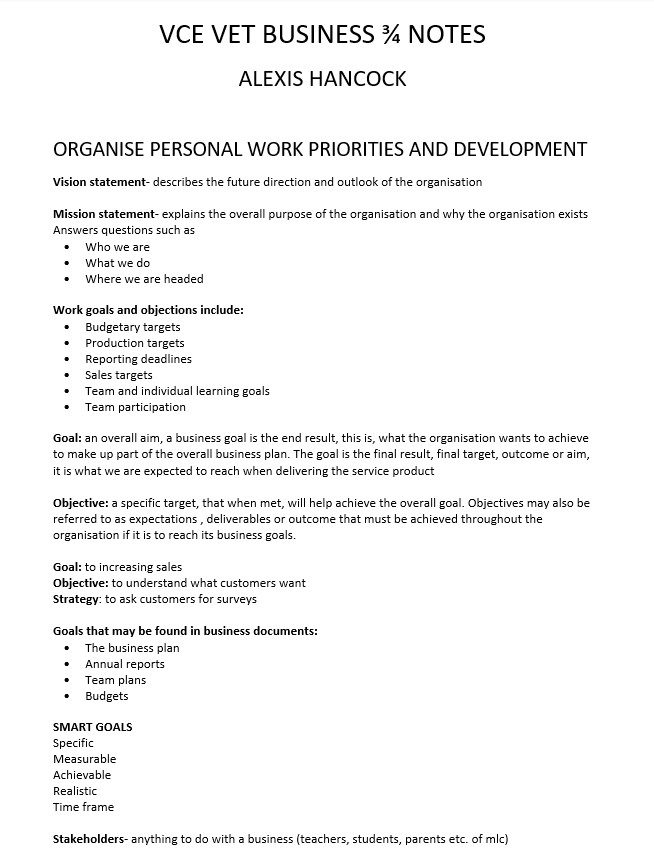A New Approach to Addressing Youth Unemployment in Uganda
Makerere University Business School (MUBS) has introduced a groundbreaking initiative aimed at improving the employability of its undergraduate students. The new requirement, called “BCom Plus One,” mandates that all students complete an additional vocational course alongside their academic degree. This move is part of a broader strategy to address Uganda’s growing youth unemployment crisis and equip graduates with practical skills that can lead to income generation.
The initiative was announced by MUBS principal Dr. Moses Muhwezi during the launch of the Entrepreneurship Digital Skills for Employment of Women (EDEW) programme at the National ICT Innovation Hub in Kampala. According to Muhwezi, students pursuing a Bachelor of Commerce will now need to complete an extra skill-based course before graduation. These courses include areas such as branding, electrical installation, DJing, or carpentry, ensuring that students gain hands-on experience that can be applied beyond their academic studies.
“We want our students to have a range of practical skills they can rely on beyond graduation. Competitiveness is key,” said Muhwezi. He emphasized that many young people lack clear career direction and are not adequately prepared for the job market. “There is a worrying trend where young people don’t plan or know what they want. When you’re focused and competitive, opportunities will find you,” he added.
The “BCom Plus One” initiative is part of a larger effort to respond to rising unemployment and provide graduates with the tools needed to succeed in a rapidly changing economy. The EDEW programme, which was launched alongside this initiative, aims to tackle two major challenges: graduate unemployment and the lack of job-creation capacity, particularly among young women.
Understanding Uganda’s Unemployment Crisis
According to a report by the National Planning Authority (NPA), Uganda’s unemployment rate among youth has been on the rise despite economic growth. Between 2016 and 2021, the economy generated 1.6 million jobs, yet youth unemployment increased from 13% in 2016/17 to 16% in 2020/21. The most affected group is the so-called NEETs—youth not in education, employment, or training. Their numbers have surged from 2.5 million in 2012/13 to 4.2 million in the 2022/23 financial year. If current trends continue, this number is expected to reach 5.8 million by 2030/31.
Regionally, the highest concentrations of NEETs are found in Bukedi (61.4%), Lango (49.3%), Elgon (44.1%), Busoga (43.5%), Bunyoro (42.5%), and Kigezi (42.1%). The NPA report attributes much of this trend to the economic disruptions caused by the COVID-19 pandemic, which led to mass layoffs and slowed economic growth.
In addition, about 700,000 youth enter the Ugandan job market annually, but only around 238,000 are absorbed, leaving a significant portion unemployed or underemployed.
Empowering Young Women Through Digital Skills
At the launch of the EDEW programme, information ministry permanent secretary Dr. Aminah Zawedde highlighted the importance of turning digital familiarity into employable skills. “Many of our young people are active on social media and have access to digital tools. However, they’re not using these tools to create employment opportunities. This programme is designed to change that,” she said.
The three-month programme covers both technical and soft skills critical for success in the digital economy. It includes content creation, cybersecurity, data analytics, social media management, and entrepreneurship. The goal is to help young women convert their digital fluency into innovation and job creation.
The EDEW programme is implemented by the Ministry of ICT in collaboration with MUBS and supported by the European Union. It is expected to yield at least 10 supported startup ideas, with five fully incubated by the end of the pilot phase.
This initiative represents a significant step forward in addressing Uganda’s youth unemployment challenge. By combining academic learning with practical skills, institutions like MUBS are helping to prepare the next generation for a more dynamic and competitive job market.







